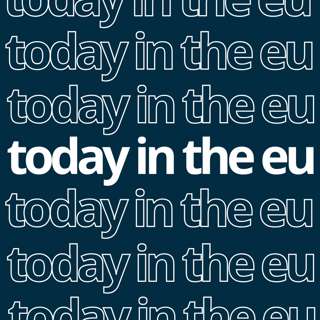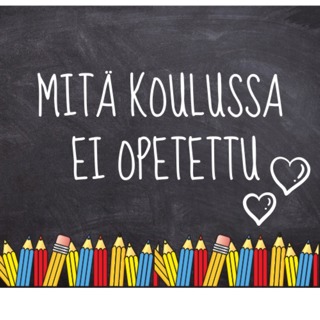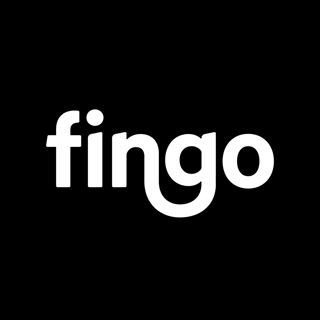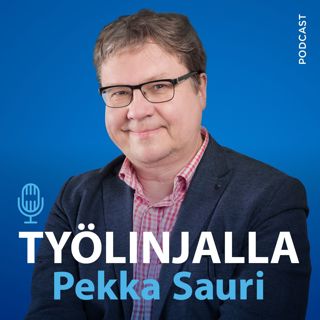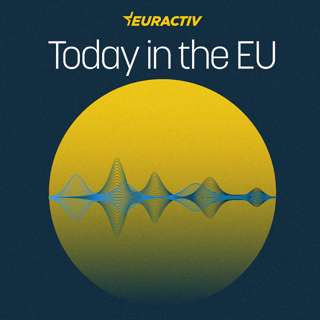
Which European states stand with Palestine?
As Israel widens the scope of its invasion of Gaza to the southern city of Rafah, four EU countries might soon officially recognize the state of Palestine, in line with the long-touted proposal for a 'two-state solution' to the Israel-Palestine conflict. It is hard to tell whether the move will have any positive effect on ceasefire negotiations. Euractiv's Global Europe editor Alexandra Brzozowski explains the likely scenarios in the latest episode of Today in the EU.
21 Touko 202411min

Albert Bourla: Who is the man behind the Pfizergate?
The Pfizergate scandal broke in 2021, revealing that during the pandemic, European Commission President Ursula von der Leyen had negotiated a contract for 1.8 billion COVID-19 vaccine doses with Pfizer CEO Albert Bourla via mobile phone texts that remain undisclosed to this day.Today, the case returns to the Belgian courts but the lingering questions remain: Who is the man behind Pfizergate, and what really happened? To look into this topic, we spoke with Clara Bauer-Babef, Euractiv’s health reporter.
17 Touko 202413min

Four days with Ursula von der Leyen
European Commission President Ursula von der Leyen has started touring member states to rally support for her second mandate and strengthen relationships with national centre-right leaders. The latest visits were to Split, Croatia, and the Italian capital Rome. Our politics reporter Max Griera, who followed von der Leyen across Europe for four days, joined us to explain what happened during her tour and what main messages VDL wanted to communicate ahead of the EU elections in June.
16 Touko 202414min

Will North Macedonia jeopardise its EU accession process?
North Macedonia, one of the six Western Balkans EU hopefuls, inched closer towards membership of the European Union after accession talks were launched in July 2020. But the country’s newly elected president, hailing from the nationalist VMRO party, which won the parliamentary election this month, refused to use the country's official name at her inauguration, setting it on a collision course with its neighbours and Brussels. Sarantis Michalopoulos, Euractiv's senior network editor, explains why in the latest episode of Today in the EU.
15 Touko 202412min

EU elections: The influence of eastern Europe on Brussels politics
Much has changed over the past two decades: The EU has evolved and expanded, with thirteen new members. The 2004 Big Bang enlargement altered Europe's geopolitical landscape and, though its pace has slowed since then, new member states continue to influence and shape the EU's agenda and policies.In this episode, we’re looking together with Alexandra Brzosowski, Euractiv’s Global Europe editor, at what is happening in Eastern Europe and why the geopolitical weight of these countries is increasing.
14 Touko 202412min

The struggle to put a price on climate change
Fossil fuel intensive industries will soon have to pay for their greenhouse emissions, according to the new Europe-wide carbon emissions trading scheme (ETS2). However, the design of ETS2 puts most of the financial burden on the shoulders of individual consumers.In this episode of Today in the EU, Economy and Transport reporter Jonathan Packroff analyses this latest addition to the EU carbon market and what it means for the future of the union's citizens.
13 Touko 202415min

The Czech fossil fuel magnate with a passion for media
Despite being at the head of a fossil fuel empire at a time when the union is traversing a green transition, Daniel Kretinsky has managed to stay off the radar. That was until the Czech billionaire started acquiring media through Europe, magazines such as Elle, Le Monde, Marianne, Czech tabloid Blesk and Czech News Center. Paris correspondent Théo Bourgery-Gonse joined us in the studio to discuss Kretinsky’s far-reaching influence.
10 Touko 202414min

The World Bank's suggestions for EU agrifood sustainability
A recent report from the World Bank highlighted that middle-income countries are leading contributors to global emissions from the agrifood system. The study underscored the urgent need for more investments in reducing agrifood emissions, suggesting that investments should surge 18-fold, to approximately €240 billion annually. This substantial increase is deemed crucial to halve emissions and propel the world towards achieving net zero emissions by 2050. For a deeper analysis of the report, I invited in our studio Maria Simon Arboleas, Euractiv's agrifood reporter.
8 Touko 202412min
